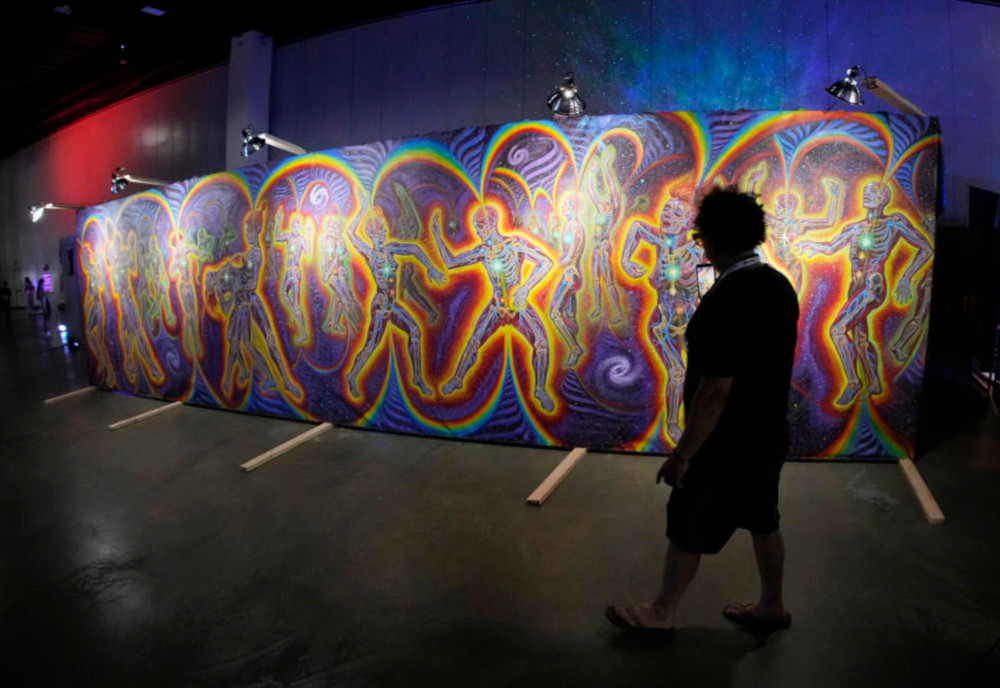In an exciting and landmark move, Australia has emerged as the pioneer nation in advocating the use of certain psychedelic drugs in psychiatric treatments. This extraordinary shift, which comes into effect this Saturday, offers renewed hope to individuals battling the debilitating effects of depression and post-traumatic stress disorder (PTSD).
In an effort to revolutionize mental health treatment, Australian physicians are now authorized to administer doses of MDMA, popularly known as ecstasy, to PTSD patients. Similarly, those suffering from treatment-resistant depression are allowed to use psilocybin, the active compound in psychedelic mushrooms. This transformative change was spearheaded by the country’s Therapeutic Goods Administration, who added these substances to their list of approved medicines.
Australian scientists, though surprised by the swift adaptation, are intrigued by the opportunities it presents. This change, first announced in February and implemented from July 1st, has been praised as placing Australia “at the forefront of research in this field.”
Chris Langmead, Deputy Director of the Neuromedicines Discovery Centre at the Monash Institute of Pharmaceutical Sciences, lamented that significant advancements in the treatment of persistent mental health disorders have been scant over the last half-century. This daring stride by Australia could be a catalyst for much-needed innovation in the field.
In the United States, Oregon and Colorado have already decriminalized psilocybin use for adults, reflecting a gradual, yet significant shift in attitudes towards these substances. President Joe Biden’s youngest brother revealed in a recent radio interview that the President has demonstrated an open-mindedness towards the therapeutic potential of psychedelics.
The US Food and Drug Administration (FDA) bestowed the label of “breakthrough therapy” on psilocybin back in 2018, a designation intended to accelerate the development and review of drugs for serious diseases. Institutions like Johns Hopkins have even secured federal grants for psychedelic research. Further indicating a shifting perspective, the FDA recently released draft guidelines to aid researchers in designing clinical trials exploring psychedelics’ potential for a plethora of medical conditions.
Nevertheless, reservations remain. The American Psychiatric Association has yet to endorse psychedelic treatment, pending the FDA’s final verdict. And, while global medical experts, including those from Australia, have acknowledged their potential, they argue that more research is needed to determine the efficacy and potential risks of these substances.
Dr. Paul Liknaitzky, head of Monash University’s Clinical Psychedelic Lab, emphasized the need for evidence, adequate clinician preparation, and equitable treatment access. He also revealed the cost for these treatments in Australia, approximating $6,600 USD per patient.
Despite the financial burden, Liknaitzky remains optimistic, believing that this policy shift presents a unique opportunity for Australians to receive the specialized care they need. With people buzzing about these changes, the hope is that they will enable the delivery of more personalized care beyond the confines of rigorous clinical trials and strict protocols.
As we move forward, it’s clear that the eyes of the world will be on Australia, watching this groundbreaking experiment in mental health treatment unfold.




